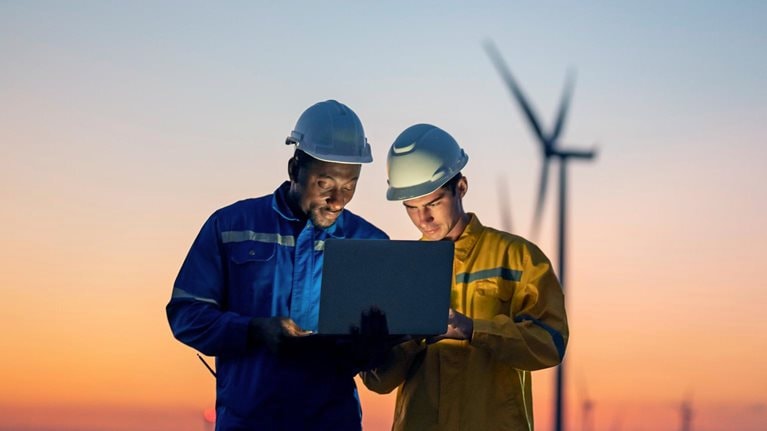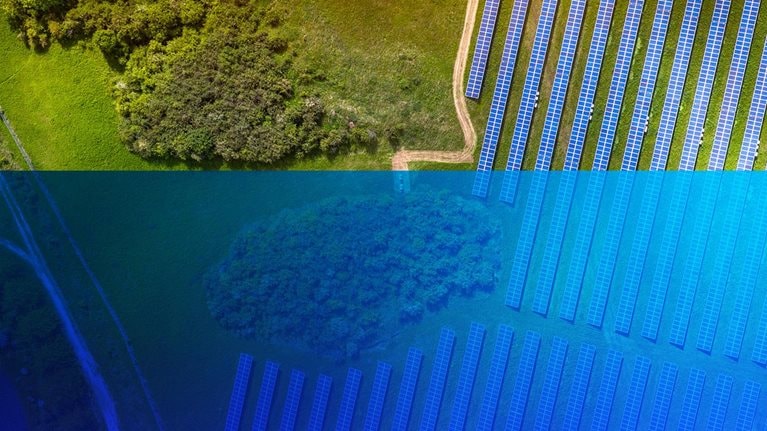In addition to partnering with our clients on sustainability and sharing our insights, we are committed to reaching net zero in line with the latest climate science by decarbonizing our own operations and permanently removing all residual emissions.
Our approach to environmental sustainability
We have set greenhouse gas (GHG) emissions reduction targets, validated by the Science Based Targets initiative (SBTi), the world’s preeminent scientific standard-setting institution:
- 2025 near-term target: reduce Scope 1 and 2 emissions by 25 percent and Scope 3 business travel emissions per full-time equivalent (FTE) by 35 percent relative to our 2019 baseline
- 2030 near-term target: reduce Scope 1 and 2 emissions by 64.5 percent and Scope 3 business travel emissions per FTE by 55 percent relative to our 2019 baseline
- 2050 net-zero target: reduce Scope 1 and 2 emissions by 90 percent and Scope 3 business travel emissions per FTE by 97 percent relative to our 2019 baseline
Scope 1 & 2 emissions
Our Scope 1 and 2 emissions represent two percent of our 2019 baseline. Our Scope 1 emissions include company cars, office heating and cooling, and on-site electricity generation. Our Scope 2 emissions include consumption of electricity and district heating.
We have reduced Scope 1 & 2 emissions by 62 percent in 2024 vs. 2019, outperforming our 25 percent reduction target for 2025. We achieved this by:
Scope 3 emissions
Achieving net zero requires ambitious emissions reductions. That is why, in line with guidance from the SBTi, we have committed to reducing emissions with clear, interim reduction targets. In parallel, we are committed to supporting carbon avoidance and removal projects through the purchase of carbon credits, recognizing that these solutions are and will continue to be needed to address residual emissions.
We purchase carbon credits that are certified by international standards. With the support of third-party due diligence, we continually monitor, reassess, and adjust our portfolio to ensure the integrity of our carbon credit purchases. By 2030, we will transition to 100 percent removals.
We partner with clients, nonprofits, suppliers, and other companies to protect nature, advance new technologies, and ensure critical climate financing. The following advance market commitments and buyer collaborations demonstrate how we work with others to accelerate climate action.
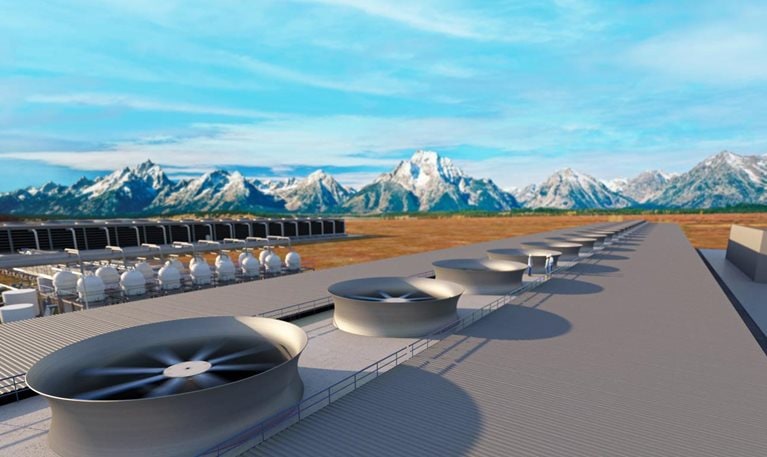
Frontier
Frontier is an advance market commitment to buy an initial $1+ billion of permanent carbon removal between 2022 and 2030. Frontier can play an important role in helping scale the technologies needed to remove carbon from the atmosphere, which, in combination with significant emissions reduction, is crucial to limit the global temperature increase to 1.5°C.
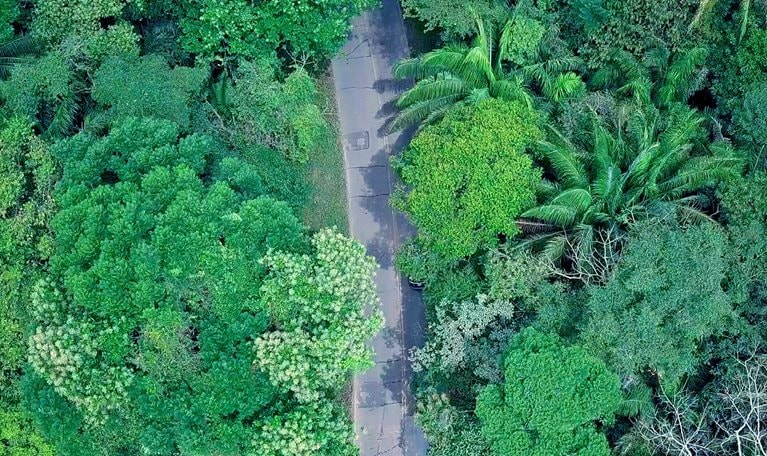
LEAF Coalition
The LEAF Coalition is a first-of-its-kind public–private partnership to protect tropical forests through large-scale financing. More than 30 corporations and four governments have committed over $1 billion in funding to finance jurisdictional-scale forest protection. Research, including our own, shows that by 2030, deforestation would need to decline by more than three-quarters—if not halted completely— to achieve a 1.5°C scenario.
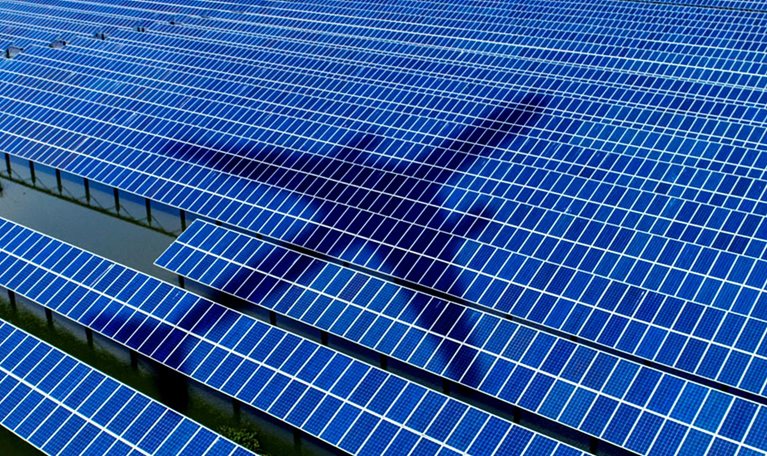
Sustainable Aviation Buyers Alliance (SABA)
McKinsey is a founding member of the Sustainable Aviation Buyers Alliance (SABA), an alliance focused on accelerating the transition to net-zero aviation by scaling and standardizing high-integrity SAF, catalyzing new production and technological innovation. SABA brings together corporate buyers, airlines, and fuel producers to support the scale-up of SAF, which is a critical component of our own net-zero journey.
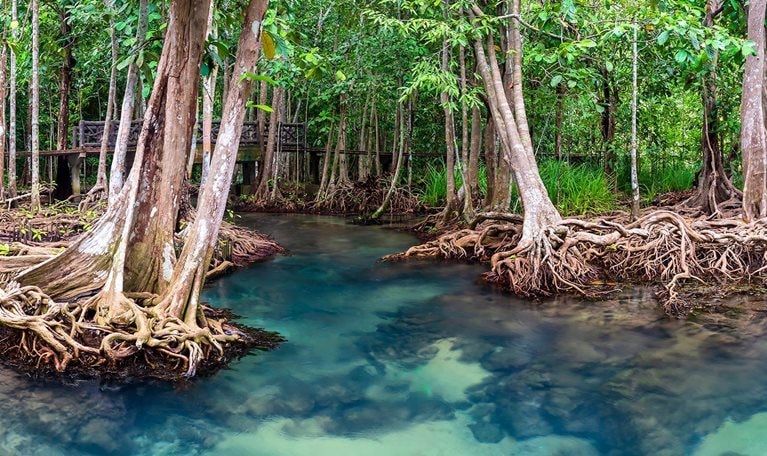
Symbiosis
Symbiosis is an up to 20 million-ton advance market commitment to contract with the next generation of nature-based carbon removal projects by 2030, driving positive outcomes for people and our planet. This collaboration supports our goal of scaling high-integrity nature-based solutions as we transition to 100 percent removals by 2030.
